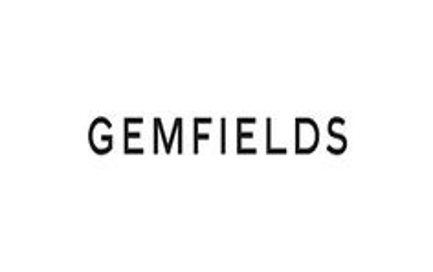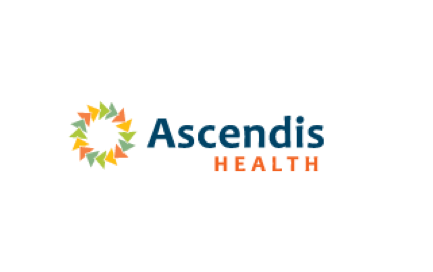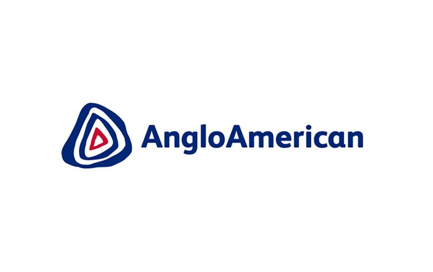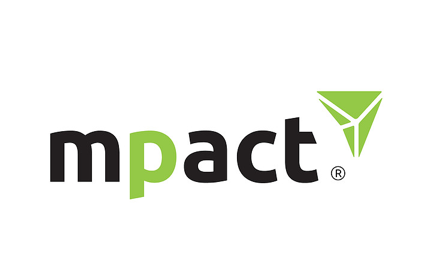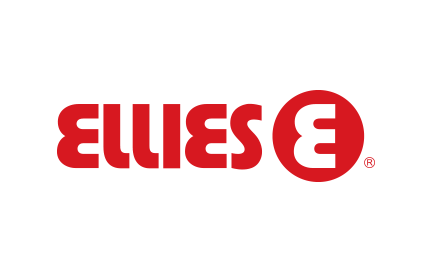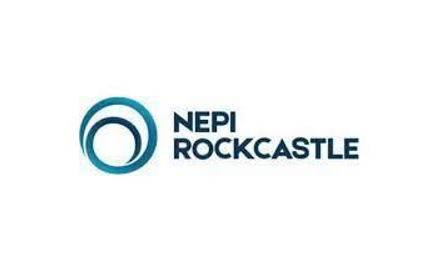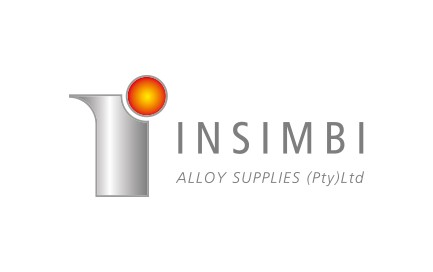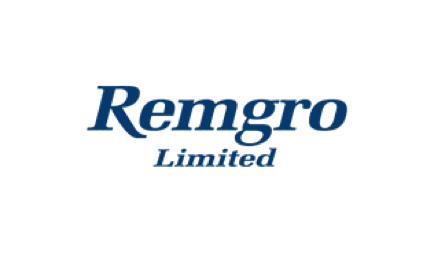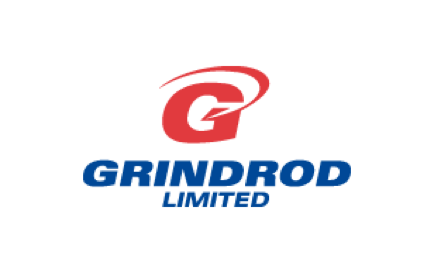If you enjoy Ghost Bites, then make sure you’re on the mailing list for a daily dose of market insights in Ghost Mail. It’s free! SIGN UP >>>
Ascendis can get more from Austell – if shareholders want it
The purchase price for Ascendis Pharma is up from R410 million to R432 million
Ascendis shareholders have a choice to make. They either need to sell Ascendis Pharma to Pharma-Q Holdings and Imperial Logistics, or to Austell Pharmaceuticals. The board has made it very clear that they want shareholders to vote in favour of the Austell deal.
To sweeten that option, the price has been increased from R410 million to R432 million.
In comparison, the Pharma-Q / Imperial base price is only R375 million. An additional important difference is that the Austell deal hasn’t been approved by the Competition Commission yet, whereas the Pharma-Q / Imperial deal has already been signed off by the regulators.
In a separate trading statement, Ascendis noted that the normalised headline loss per share from continuing operations will be between 98.5 cents and 120.4 cents. That’s a lot better than the comparable period but it’s still a loss.
The share price has been incredibly volatile this year. It is currently around 9.5% down since January.
A little gem
A trading statement gave Gemfields’ share price even more sparkle, now up over 26% this year
Have you ever wondered what a $2.2 million egg looks like? Well, wonder no more. Here is the Faberge X Game of Thrones egg that has been sold to an anonymous US buyer:

But how important was this absurd egg to Gemfields?
The group owns Faberge and the luxury jewellery manufacturer’s revenue for the six month period was $9.5 million, was of which the egg contributed $2.2 million. Still, that’s tiny in comparison to how Gemfields really makes its money. It just makes for a fascinating story.
Emeralds and rubies are what really matter, with the Kagem (emerald) and MRM (ruby) mines recording interim revenues of $85.2 million and $95.6 million respectively. This has driven a 50% increase in USD-based headline earnings per share (HEPS) from $0.02 to $0.03. In rand terms, the jump is much sharper thanks to the currency movement. Rand HEPS is 133% higher, up from R0.24 to R0.56.
The only blemish on this result was the shareholding in Sedibelo Resources which was written-down by $4.2 million to a value of $33 million. The HEPS numbers above include this fair value movement.
Remgro unbundles Grindrod and is ready for Mediclinic
The trend of unbundlings continues on the JSE – but not many saw this one coming
The JSE has historically had many examples of listed companies holding significant stakes in other listed companies. There have been several recent corporate actions that have unwound many of these stakes, including the likes of PSG unbundling most of its assets and leaving the JSE.
The latest example of an unbundling came as a surprise to the market, with Remgro announcing that it will unbundle its entire 25% shareholding in Grindrod.
Remgro has been invested in Grindrod since 2011 and believes that this is the “optimum time” to unbundle the stake. The Grindrod share price had more than doubled this year before the recent sell-off in the markets brought the year-to-date return to around 92%.
Optimum indeed.
In practice, this means that Remgro’s market cap should be lower (the group is literally becoming smaller) and that shareholders will be able to choose what to do with their Grindrod shares, rather than waiting to see what Remgro’s management does with them.
In a successful value unlock transaction, the market cap of Remgro wouldn’t drop by the value of the Grindrod stake. The thesis here is that the stake would’ve been valued by the market at a discount to its intrinsic value (the Grindrod share price multiplied by number of shares) because Remgro trades at a discount to the intrinsic value of its underlying investments. By unbundling the shares and setting them free, that discount disappears.
A great recent example is Rand Merchant Investment Holdings which I wrote about in this edition of Ghost Bites a few days ago.
In separate news relevant to Remgro, the shareholders of Mediclinic have approved the scheme of arrangement that would see Remgro and MSC Mediterranean Shipping Company join forces to take the hospital group private.
Crouching Tiger, hidden HEPS growth
Thanks in part to a weak comparative period, HEPS at Tiger Brands has increased by between 35% and 45%
The market celebrated this news, sending the share price 10.4% higher in a busy day of trade. Before you get too excited, this takes the performance for the year to -2%.
The base period (the year ended September 2021) included the canned vegetable product recall, though I would hesitate to call that an “unusual item” in the context of Tiger Brands. After all, the latest issue is in baby powder products, with an estimated recall cost of R20 million to R25 million.
The civil unrest in the base period is certainly worth highlighting as a once-off (we hope), with the cost in the prior year and the insurance recovery of R157 million in this financial period. That creates a major swing in earnings that doesn’t reflect underlying operations.
Load shedding thankfully didn’t impact supply, though it certainly impacted operating costs. The generators cost four times as much as the Eskom tariffs! Of course, the biggest irony of all is that Eskom is often using diesel itself to generate electricity, which it then sells to everyone at a loss. We face huge issues as a country here.
Tiger noted an improved performance in the underlying operations in the second half of the year, which seems to be what the market focused on. Tiger Brands had a better time in recent months in passing costs on to consumers, with basket inflation of 3% in the six months to March 2022 and 15% for the five months to August 2022.
I’ve been bearish on Tiger Brands this year and my view is unchanged by this result. They will need to maintain the price increases to allow for input price pressures and there are major swings in these numbers that will need to be unpacked properly once full results are released on 2 December.
Little Bites
- Director dealings:
- A non-executive director of NEPI Rockcastle has bought shares in the company worth nearly R2.5 million.
- Although the SENS announcement doesn’t explicitly name the director in question, there aren’t many on the board of Richemont who can afford to acquire shares worth R910 million.
- Grand Parade Investments released a trading statement for the year ended June that shows adjusted HEPS of between 10.36 cents and 11.62 cents, representing a return to profitability. If you include the once-off R61.7 million loss related to the liquidation process at Mac Brothers (i.e. look at HEPS instead of adjusted HEPS), there’s a small loss per share. With the food adventures almost behind this group, the focus is on the gaming assets.
- Combined Motor Holdings has released a trading statement indicating HEPS growth of between 45% and 55% in the six months ended August.
- Insimbi Industrial Holdings has guided HEPS growth of between 40% and 60% for the six months ended August.
- Anglo American has commenced copper shipments from Quellavaco, the major new project in Peru that is expected to lift Anglo’s copper output by 10%. In a first for Peru, the mine features autonomous drilling and haulage fleets. It also draws its electricity supply entirely from renewables! Full ramp-up will be achieved over the next 9 – 12 months.
- There’s more trouble at Ellies, with the company announcing a s189 process to “restructure certain functions” i.e. retrench some staff. The group notes “ongoing constrained trading conditions” and the share price fell by 17.7%. This means that Ellies has lost more than half its value this year.
- The ongoing tension between Caxton and Mpact continues to dish up unusual issues. Caxton blocked a vote that would allow Mpact to pay its non-executive directors. To get around this ridiculous situation, Mpact has cleverly appointed those directors to the board of the major operating subsidiary where they can be remunerated.



